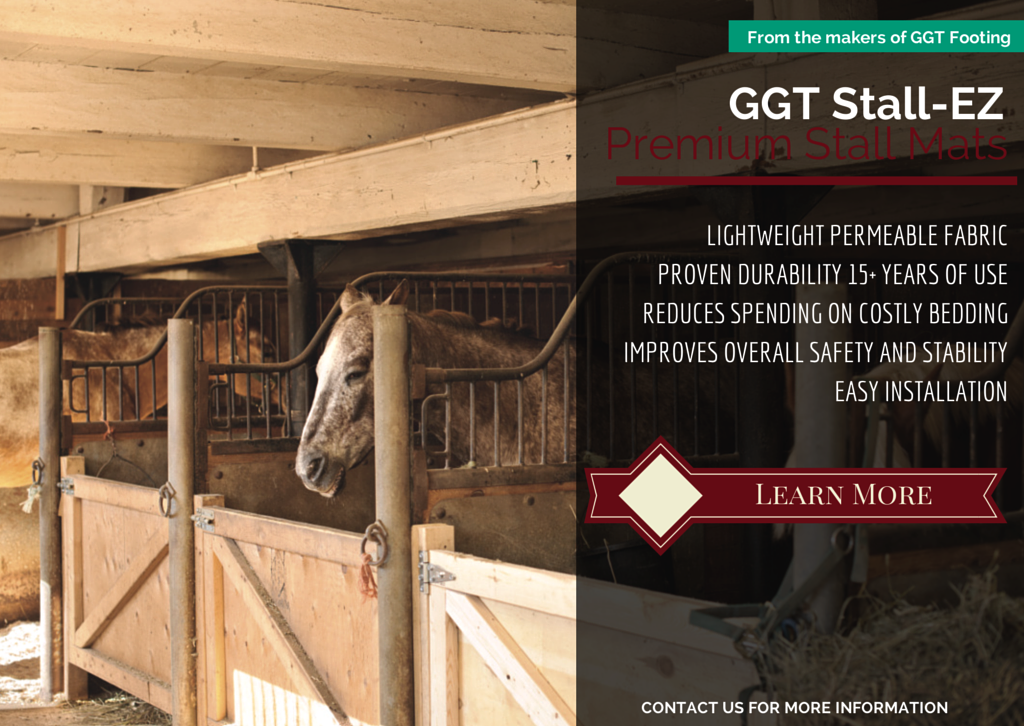Silica, or Silicon Dioxide, is a compound made up of oxide of silicon and has been made use of since ancient times. For use in the building industry it is widely versatile and used for many applications, such as;
- Concrete, concrete block, mortar, and cement.
- Tiles, brick, masonry, and refractory brick.
- Granite, sand, top soil, fill dirt.
- Asphalt containing rock or stone.
- Abrasive used for blasting and sanding.
With silica being so common and abundant in buildings, as soil, footing, and other applications it may be surprising to learn that inhalation of silica dust can be dangerous. In fact, the over exposure of silica dust can lead to a condition known as silicosis.
What is silicosis?
As it sounds, silicosis is a disease which occurs after over exposure to the crystalline particles of silica dust. These particles enter and irritate the walls of the lungs, causing tissue to scar and thicken. Silica dust exposure has also been linked to lung cancer, and is a known carcinogen for this reason. Three different types of silicosis can occur, depending on the amount of silica dust and the length of exposure.
- Chronic Silicosis - This level of silicosis develops after ten or more years of exposure to relatively low levels of silica dust particles.
- Accelerated Silicosis - Develops after five to ten years after exposure to crystalline silica dust at relatively high concentrations.
- Acute Silicosis - At this level, symptoms can develop as soon as a few weeks or four to five years after initial exposure. At this level, the concentration of silica dust would be considered very high.
At first exposure, people often have no initial symptoms. As the condition progresses, however, tell tale symptoms become apparent, such as;
-Shortness of Breath
-General Fatigue
-Coughing
-Localized Chest Pains
These symptoms can worsen over time, and even lead to death. If you would like to know more about the dangers of silica, or about alternative footings and loose gravel for use in your arenas, feel free to contact us at our website.


